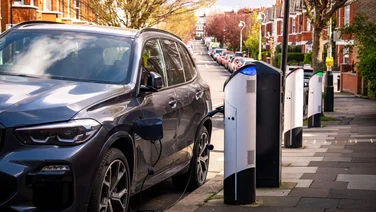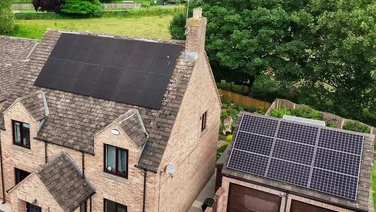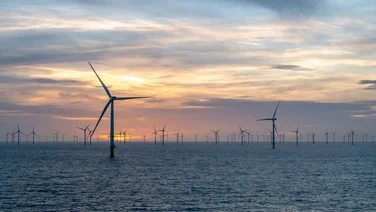We receive a small fee from trusted installers when you request a quote through our site. This helps us keep our content independent, well-researched and up to date – Learn more
- Makers of Walkers, Doritos and Pepsi strikes deal with Greendot to eliminate virgin fossil fuels
- PepsiCo says more govt clarity needed to scale technology
- Deal could help processes across continent

Deal between sustainability experts and Walkers, Doritos owners could help improve recycling processes across Europe – Credit Adobe
PepsiCo Europe, the holding company of Walkers, Doritos and Pepsi, has struck an agreement with Austrian recycling experts GreenDot Group to recycle plastic waste into its snack packaging in a deal that it said could improve recycling processes across Europe.
The deal comes as PepsiCo Europe is trying to make its value chain more sustainable, specifically to eliminate virgin fossil fuels from its packaging.
It expands an existing collaboration between the two companies. They are currently working on new snacks packaging for Sunbites crisps which contain 50% recycled plastic film packaging. This new packaging was launched in the UK and Ireland in late 2023, and the company is expecting to expand this further.
Speaking to The Eco Experts, Archana Jagannathan, Chief Sustainability Officer at PepsiCo Europe, said the agreement would boost recycling processes across Europe.
“Recycling infrastructure for flexible plastic packaging needs improving across Europe,” Jagannathan said.
Jagannathan described the agreement with GreenDot as something that can “spur further offtake investments” as other food companies eco-friendly packaging for its products and comply with EU law.
When asked how the company will prevent additional costs being passed on to customers, Jagannathan said PepsiCo believes this can be done by more investment from across the food packaging industry and greater certainty from regulators.
“We believe stimulating demand for these newer materials in the nascent stages can help develop the industry, encourage more investment and more recycling, and eventually make this cost-efficient as an industry norm for all going forward,” Jagannathan said.
“One factor that will determine the necessary investments to boost capacity is regulatory certainty on rules for calculating recycled content.”
“As we create demand for recycled plastic and support new technology developers such as GreenDot, we contribute to expanding circularity of flexible packaging in Europe.
“We still need strong collaboration with governments to support the collection of flexible packaging, investments in sorting plants that are often publicly owned, and regulatory certainty around rules for calculating and reporting recycled content.”
Laurent Auguste, CEO of GreenDot, said the agreement was a milestone for Europe’s circular economy and that it will allow the company to develop “plastic packaging to packaging recycling capacities, including advanced recycling of polyolefins, providing needed solutions at scale for the food industry.”






